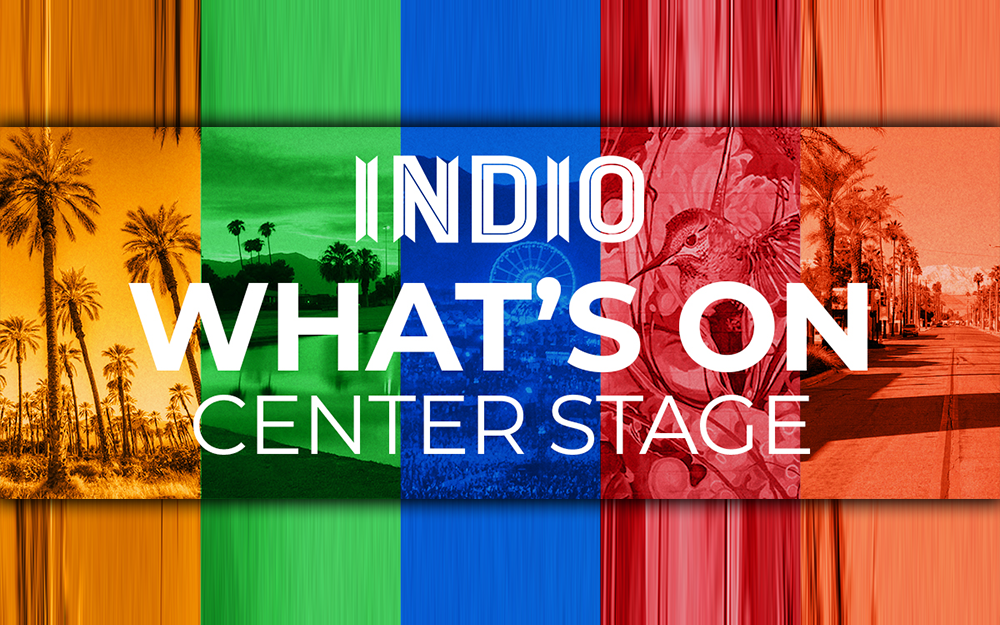
By Flint Wheeler
The politicians are finally coming together to make sports gambling legal in many states.
With the federal ban on full-fledged sports wagering outside of Nevada now in place for 25 years, the smart money is on congress and like-minded allies to dismantle the Professional and Amateur Sports Protection Act (PASPA). Fifteen states have either introduced or enacted legislation to authorize sports gambling if the ban is overturned.
You already are starting to see states get in front of this issue. It’s my bet that speaks to the desire to want to administer sports betting if they so choose to.
The opportunity could come as soon as 2018.
Three Mondays ago, the Supreme Court heard oral arguments about the constitutionality of PASPA, and the nine justices are expected to issue a ruling by the spring. It’s worth noting that Utah, a state that has no gambling, has joined 19 states signing onto a court filing that challenges PASPA on the grounds that the federal ban infringes on states’ rights.
Even if the Supreme Court upholds the law momentum for change is gaining support on Capitol Hill to repeal the ban. One can easily compare the ban on sports gambling to the prohibition of liquor, which, in case you haven’t heard, was lifted in 1933.
“The only thing (prohibition) did was to encourage organized crime and make Al Capone and the rest of the guys more powerful,’’ said Pete Fox Host of “Tilted Sports” via NBC Sports Radio in Los Angeles, who sees this bill that would allow states to legalize gambling and noted that betting outside of Nevada “goes on anyway, it’s just being done illegally.’’
In fact, the American Gaming Association said PASPA has helped fuel a $150 billion underground sports gambling industry that avoids regulation and billions of dollars in taxes.
The only group that benefits is organized crime.
‘A concerted campaign’
The nerve center of movement is now a seventh-floor office in downtown Washington D.C. that houses the American Gaming Association.
Funded by casinos, the association has pushed for the legalization of sports betting in part by building a coalition that includes law enforcement, politicians and sports industry leaders. The association has paid for much of the research being used to tout the benefits of legalized sports gambling and this month made its case during a conference call with reporters.
This is a concerted campaign, unlike anything since I’ve been studying this issue. The way I see it, the deck is stacked in favor of the gambling industry in many ways in this country. What that’s done is really altered the debate, the legalization debate, and made it sort of David vs. Goliath.
Pro leagues coming around?
The pro-sports gambling movement got a jolt in 2011 when New Jersey voters approved a constitutional amendment to permit sports betting. But pro sports leagues challenged it, and five times the courts ruled against New Jersey.
Now the Supreme Court has agreed to hear the matter, with some legal experts saying that alone bodes well for the pro-sports gambling movement.
Lawyers representing the NFL, Major League Baseball, NBA and other sports leagues will argue in favor of PASPA during the Supreme Court hearings – but likely with less zeal than they have in the past. NBA Commissioner Adam Silver has suggested he is open to regulated sports gambling and this month Las Vegas broke ground on a $2 billion NFL stadium that will be home to the Raiders as soon as 2019.
Furthermore, this year the NHL brought pro sports to Las Vegas, with the Golden Knights in their inaugural season – interpreted by the American Gaming Association and others as another sign that pro sports has softened opposition to sports gambling.
I think that it’s time to take a fresh look at sports gaming and really gaming in general in the Congress. Think about this – they haven’t really reviewed the status of the law since the creation of the internet. The last time Congress made a law in this space, the movie ‘Wayne’s World’ was being released.
The Internet has changed the landscape for sports gambling — much of which is done on the Internet through illegal offshore operators.
The other reality that people have to wake up and face is that our gaming laws today are functionally unenforceable. Within minutes, any American can engage in sports betting from their phone. That was never even thought about in 1992.









































